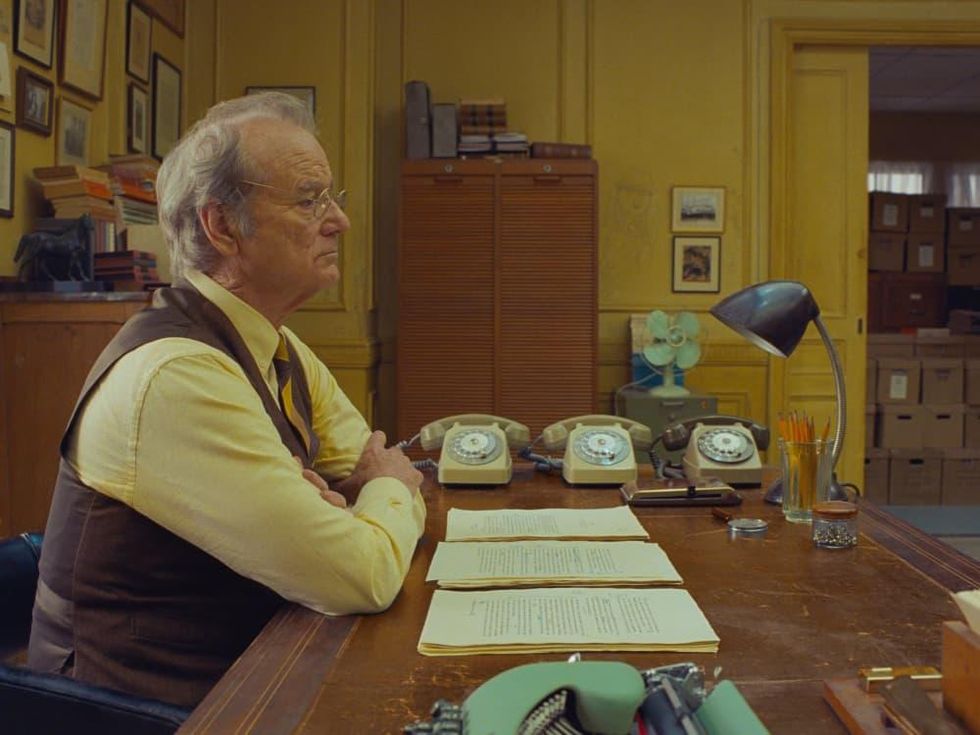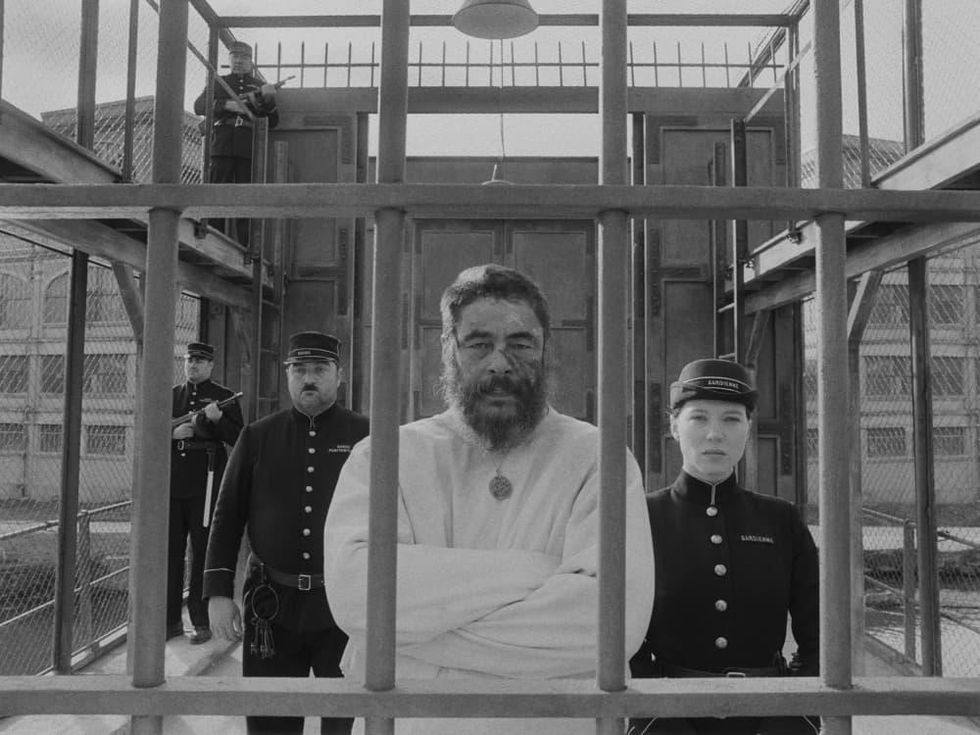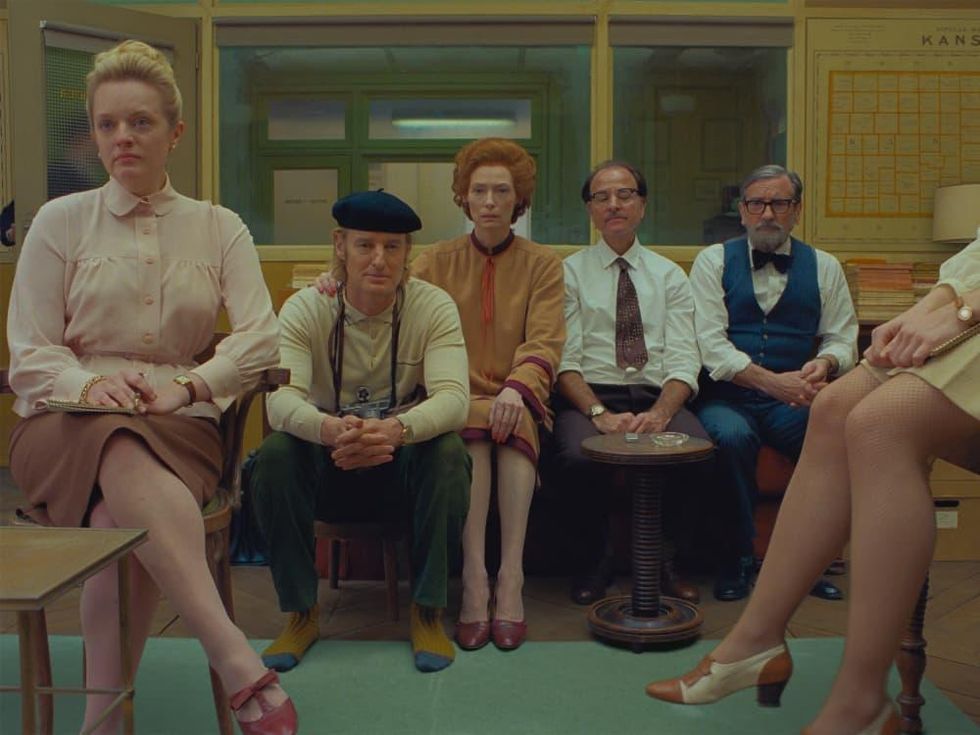When the weather outside is frightful, jump in the car and go look at Christmas lights. Festive homeowners and neighborhood groups are making Fort Worth and surrounding suburbs especially merry and bright this 2025 holiday season.
Here's our guide to the top homes and neighborhoods for Christmas lights in Fort Worth and beyond. Bookmark it and check back often because they're just getting started - we'll keep updating the list as more switches are flipped.
For a longer list of stunning Christmas lights around Fort Worth - including drive-thru and walk-thru attractions, commercial displays, special events, and more, check out this story. Heading to Dallas to see the lights? This guide tells you where to go.
Subdivisions and streets
Glenbrook Christmas, Bedford, through December 31
A tradition nearly four decades strong, the Glenbrook subdivision in Bedford lights up nightly to tell the story of "It's the night before Christmas, in Texas That is" - along with other festive displays. The entrance to Glenbrook is on Brookside Drive located between Cummings and Forest Ridge (look for the red lights lining the streets). Cars can drive through the neighborhood for free nightly, 6-10 pm. Follow on Facebook or Instagram for updates.
Interlochen Lights, Arlington, December 13-25
The Interlochen neighborhood in northwest Arlington celebrates the 50th anniversary of its annual Interlochen Lights presentation. More than 200 homes get decked out in lights and holiday-themed displays each year, and this time there'll be special designation for those that have participated all 50 years. The event allows guests to drive through the neighborhood for free and pick out favorite displays while they tune into holiday music in the car. The Interlochen Estates map is here. Typically, the lights are on from 6-11 pm, but watch for 2025 updates on their website and Facebook page.
Diamond Loch, North Richland Hills, through January 1
Adjacent houses on a cul-de-sac join forces to present a massive computerized show. The rest of the street presents a fun "Whoville" Christmas experience known as #NRHGrinchLights. They grow the show every year, and The Grinch himself may actually pop in occasionally; follow their Facebook page to keep up. It's open daily, 5:30-11 pm. To find it, navigate to the address 6217 Windsor Ct., NRH, 76180. Be sure to follow the designated traffic flow through the neighborhood.
 The Grinch might just greet you at Diamond Loch in North Richland Hills.Facebook/Diamond Loch news
The Grinch might just greet you at Diamond Loch in North Richland Hills.Facebook/Diamond Loch news
Special neighborhood events
Candlelight Christmas in Ryan Place, Fort Worth, December 6-7
The gorgeous historic homes in Ryan Place, a grand Fort Worth neighborhood, get illuminated in spectacular fashion all season, as do the long walks that lead up to them. The 41st annual Candlelight Christmas in Ryan Place home tour opens five of these stately homes dressed in their festive best, December 6-7. After the tours end, the neighborhood will stay illuminated through the holidays. Tickets to the home tour start at $25.
Night Hike in Marshall Ridge, Keller, December 8
Keller Parks & Recreation invites families to lace up their walking shoes and join a hike through the Marshall Ridge HOA. The festive stroll through the neighborhood’s holiday lights and décor starts at 6 pm. Free.
Fairmount Festivus Holiday Light Tour, Fort Worth, December 13
Homes in the historic Fairmount neighborhood of Fort Worth show off their holiday creativity in this decade-old tradition. Event-goers will get the Festivus map to lead them through a self-guided night of merriment. The family-friendly event is free and runs 6-9 pm, with a kick-off at One Safe Place, 1100 Hemphill St., at 5 pm.
More neighborhoods to explore
Cultural District
Make the marvelous Modern Lights around the Modern Art Museum your starting point, but drive through the museum district, then through some of the old neighborhoods across the bricks of Camp Bowie, and you'll see grand homes dressed and ready to dazzle for the holidays.
Ridglea Hills
Local residents who take walks and visit the ducks along Luther Lake in this westside Fort Worth neighborhood eagerly anticipate the arrival of the holiday lights on about 30 surrounding homes. The lights reflect in the water of the 10-acre lake, making for some pretty spectacular photo and video opps on clear nights. The best place to see them is along the bridge at Clayton Road.
Individual homes
Tell Family Lights, north Fort Worth/Keller, through December 31
The family-run, DIY display at this home near Keller Central High School gets bigger and better every year. The 50,000-pixel, choreographed light show features 60 songs. Visitors can enjoy it in the warmth of their cars by tuning in to 97.5 FM. Then help control the show by voting for a favorite song online. The show runs 6-9 pm Sunday-Thursday and 6-9 pm Saturday-Sunday. (Make sure to not block anyone’s driveway and turn off your headlights as you idle to enjoy the show, they request.) Find it at 5016 Keating St., Fort Worth, 76244. Follow their website or Facebook page for more information and updates.
 Tell Family Lights is a Keller-area tradition. Facebook/Tell Family Lights
Tell Family Lights is a Keller-area tradition. Facebook/Tell Family Lights
Wood Family Christmas Light Show, Mansfield, through December 31
A family home plays a 30-minute light show coordinated to music featuring traditional and pop holiday music; this year's playlist includes "Magic" by Lindsey Stirling and David Archuleta; "Believer" by Imagine Dragons; "Stretchy Pants" by Carrie Underwood; "Uptown Funk" by Mark Ronson and Bruno Mars, and more. Tune in to 88.9 FM in the car to follow along. The show runs nightly, 6-10:30 pm. Find the home at 2201 Hodges Place, Mansfield. Follow their Facebook page for updates.
Glazewold's Family Christmas, Joshua, through December 31
The Glazebrook family "puts a modern spin on the Griswolds' fun old fashioned family Christmas," they say. A synchronized lights show has illumnated trees, candy canes, snowflakes, and more dancing to holiday tunes; set your radio to 98.1 FM to listen along. Runs nightly, 5:30-10 pm. Find it at 307 Country Club Dr., Joshua.
The Lazy H Ranch Christmas light display, Sanger, through January 1
With nearly a quarter of a million lights illuminating three acres, synched to music, this free drive-by display has is worth the drive out of the big city. Lights are on nightly from 6-11 pm through New Year’s Day. Find it at 9719 Bernard Rd., Sanger.
More reader recommendations:
- 8132 Lost Maple Dr., North Richland Hills. Synchronized lights show that runs 5:45-10 pm daily.
- 5500 Montclair Dr., Colleyville. Famous "red tree" that can be seen from down the street.
- 7112 Four Sixes Ranch Rd., North Richland Hills. Thousands of lights, decor, and a mailbox for letters to Santa; runs 5 pm-1 am. nightly.
- 7312 Bursey, North Richland Hills. "Christmas on Bursey" includes a jukebox to pick songs and letters to Santa. Runs 5-10 pm Sunday-Thursday, 5-11 Friday-Saturday.
- 9945 CR 1006, Godley. "The Griswolds of Godley" run a synchronized music-and-lights show 6 pm-midnight Sunday-Thursday, 6 pm-1 am Friday-Saturday.
Worth the drive...
Mach Christmas Display, Ennis
The Mach family's epic 3.5-acre Texas-themed display is a walk-through attraction that uses half a million lights, 200 inflatables, and more to depict 40 cities across Texas. They battled on ABC's The Great Christmas Light Fight in 2024 (still available to stream on Hulu). The display is open on select nights through the holiday season, typically 6:30-9:30 pm Thursday-Saturday and 6:30-9 pm Sunday, but follow their Facebook page for the schedule and more information. Special events include Disney Night (December 6), Military and First Responders Night (December 11), and Special Needs Night (closed to the public, December 18). The address is 171 FM1183, Ennis, 75119. Follow the directions at the pin on Google Maps.
---
Know of another spectacular lights display in DFW? Email stephanie@culturemap.com. Please include a website or link to social media page with your recommendation.





 The Grinch might just greet you at Diamond Loch in North Richland Hills.Facebook/Diamond Loch news
The Grinch might just greet you at Diamond Loch in North Richland Hills.Facebook/Diamond Loch news Tell Family Lights is a Keller-area tradition. Facebook/Tell Family Lights
Tell Family Lights is a Keller-area tradition. Facebook/Tell Family Lights